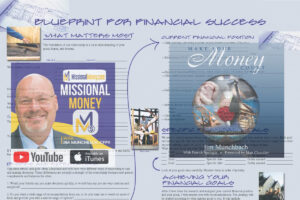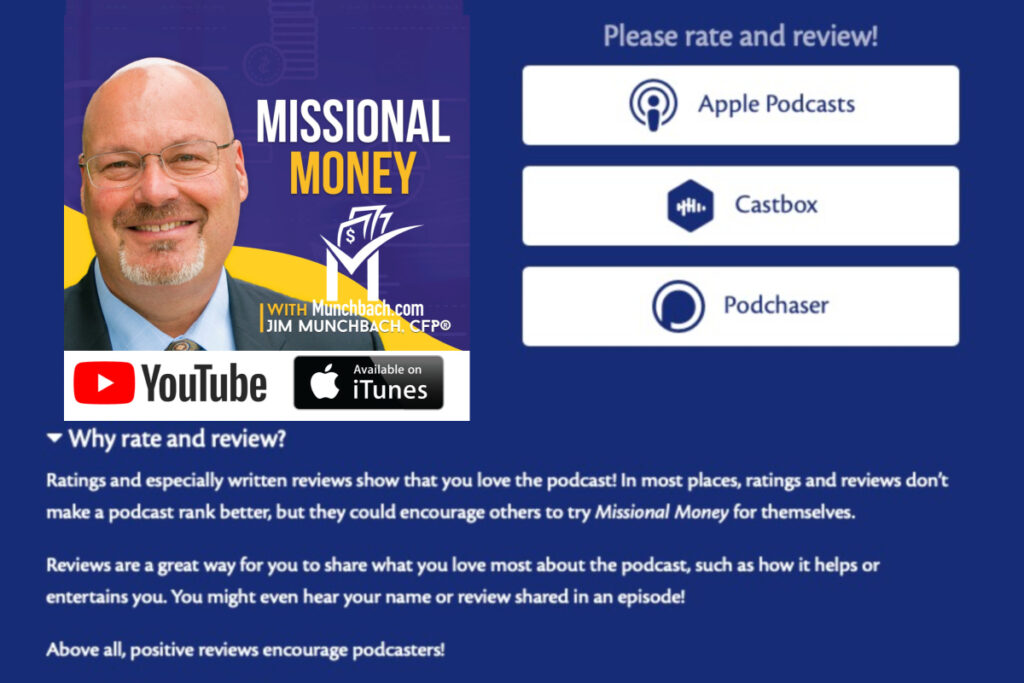“Happiness is nothing more than good health and a bad memory.” —Albert Schweitzer

My uncle Hank was a wonderful, but complicated, man; I’m sad to say we lost Uncle Hank last year, but his story and his life continue to leave a lasting legacy on me and hundreds of people in my community.
About Hank’s story… For some reason, and I don’t recall why, my Editor talked me into changing the flavor of the farm animals in the story from Pigs to Cows. The truth is, Hank’s family farms pigs to this day. In honor of his family, I’m correcting the facts in this version. (JRM June 17, 2020 at 2:29 PM)
He was one of the most generous, gracious people I’ve ever known, but when it comes to spending money on himself, he was incredibly tight. A couple of years ago, he told me perhaps his most powerful childhood memory. He grew up on a small farm, and his dad raised hogs. The only cash Hank’s dad earned was from the sale of hogs each year. Uncle Hank told me that in one of those bleak years, his father handed all of his hogs to a broker who was to sell them and bring him the profits. The broker, though, was a crook, who ran off with the money. Hank told me, “I came in the house that day, and my father was sitting at the table crying. I’d never seen my dad cry before. Those pigs represented our family’s income for the whole year.”
As we continued to talk about that traumatic moment, Uncle Hank explained that seeing his dad cry filled him with fear that someday, somehow he, too, wouldn’t have enough money for his family. That fear drove him to be shrewd in handling money. He became a very successful businessman and investor, but his fear also made him extremely reluctant to spend money. He has always been very generous with his family, but extremely frugal about spending money on himself. Those traits sound like great strengths—and they are in most cases—but Uncle Hank’s fear produced tension that could keep him from celebrating his wealth and his life. In moderation, being frugal is a wonderful strength, but some people cling to their money because they are motivated by fear or pride. Money is meant to accomplish good and noble purposes, so frugality only has meaning if it channels our money to efficiently use our resources to fulfill our life’s purposes.
Connecting the Dots
When I meet with people, I often ask them a couple of questions: “What are some of your early memories about money?” and “What are some ways those experiences affect your attitudes and choices about money today?” I’ve been amazed at some of the stories people have told me, and I’ve also been amazed at their insights about the life-changing impact of these experiences. Let me share a few with you.
Kim told me that when she was about five years old, her aunt suggested that she save some of her 25-cent allowance each week to buy something she really wanted. Instantly, she knew exactly what that would be: a ballerina watch! She had seen it at a store for $3.25. Kim saved her money every week, and in exactly thirteen weeks, she and her aunt marched into the store to buy the watch. Kim reflected, “To this day, I’ve always realized that to get something I really want, I have to be disciplined to save for it. That’s a lesson I learned from my aunt and a pretty pink ballerina watch.”
Taylor The Artist
About Taylor’s story… When I wrote Make Your Money Count, I worked with my dear friend, Patrick Springle of Baxter Press. Taylor was Pat’s son and at the time, T needed a little spending money. Taylor was — and still is — an extraordinary artist. So, I’ve always been more than happy to share the fact that all of the illustrations in Make Your Money Count (and my other two books, What Matters Most and Allied for Success) were 100% T-man!
Taylor was only 25 at the time this story was first published but he learned valuable lessons from his first two jobs.
His first one was a minimum wage job at a T-shirt store at the mall. He worked after school and on Saturdays, and he spent most of his time folding shirts and looking for something to fill his time.
He soon realized that jobs like that are incredibly boring, and some of his friends were making a lot more money waiting tables at local restaurants.
Taylor isn’t a quitter, so he stayed at the shop as long as he could stand it, but after a year, he applied for a job at a steak restaurant. Instead of being bored, he now came home frazzled because the complexity of orders, the pace, and the need to interact amiably with customers stressed him out. But he was making far more money from tips than he made at the mall, and that kept him motivated. At the store in the mall, Taylor learned that minimum wage jobs may not require much of you, but they don’t reward you much, either. As a waiter, he found out that hard work pays off, and that generosity is one of the highest virtues. He has graduated from college and is making a good living in a job he loves. Even today, when he goes out to eat with his dad, he checks to be sure his father leaves a sizeable tip. That’s important to Taylor.
Peter the Rich Poor Kid
Peter didn’t have any trouble remembering an important event about money from his childhood.
He told me that his father made a lot of money in the furniture business—so much money that he bought diamonds and furs for Peter’s mom. But when Peter was about nine, suddenly the market changed and the store went out of business. He remembered, “All of a sudden, we went from riches to wondering if we were going to eat. It was awful. I didn’t really know what was going on. All I knew was that my mother was really upset. One day, she boxed up a lot of her nice clothes, and we took them to a place downtown. After we got there, I realized she was selling her nicest clothes to get some money to buy food. I remember that moment like it was ten minutes ago. We hauled the boxes into the store. A lady looked through them and then offered my mother $2. Mom was furious! The look on her face has been embedded in my mind all these years. On that day, I realized that our family wasn’t safe any more—that I wasn’t safe any more—and that I had to be sure not to ever be out of money. From that moment until today, I’ve been very frugal and very private about my finances.”
The Girlfriend’s Painful Spending Habits
Janice told me about a friend who was repeatedly abused sexually by her father. The day after each encounter, her father bought her something nice to buy her silence. Today, years later, whenever she’s anxious, Janice’s friend spends money on herself so she’ll feel better. The connection between the pain of abuse and gifts from her dad is still riveted on her soul and her spending habits. The trail of her maxed-out credit cards leads directly back to those days when her father tried to put salve on her pain and his guilt by buying her nice things.
The Love of My Life
My wife Connie remembers that when she got her first job at Catfish Parlor when she was in high school, she had her eye on some fine leather boots that came almost up to her knees. At the time, they were very stylish, but they were also very expensive. She realized she would have to save every penny she made for an entire month to pay for them. And that’s exactly what she did. She told me, “I was so sure those boots would really make me happy, and they did—for about three weeks. But then they went out of style and they weren’t important to me any more.”
I asked, “Has that experience affected how you spend and save today?”
“You know it has,” she laughed. “I’m really careful about the way I spend money. I don’t ever again want to feel like I’ve wasted hard-earned money on things that don’t last, or worse, on things that become worthless so quickly.”
The Federal Offense of a Five Year Old
My first memory about money occurred when I was about five years old. My father had just been discharged from the military, and we were very poor, living in a trailer park. One day, I went with my mother to check the mail. When the box was empty, I could tell she was really sad and anxious. I realized she was looking for a letter with some money in it. After she went back to the trailer, I went to check all the other mailboxes until I found some mail to bring back to her. I wasn’t the most observant five-year-old—I thought all mail included some money. (I hadn’t gone to law school, so I didn’t know I’d committed a federal offense!) The manager caught me, and he wasn’t too happy about it! That day, I learned that money has the power to make people happy or sad, and I wanted to do anything to make my mother happy.
Paperboy Candyman
Another experience shaped my drive to make money. When I was ten or eleven, I had a paper route with the Detroit Free Press. The newspaper had a contest: Whoever got the most new subscriptions would win a huge case of assorted candy (M&M’s, Reese’s Peanut Butter Cups, Snickers, Hershey Bars, etc.). I was motivated! I gave up kickball, family picnics, and everything I enjoyed so I could devote every waking hour to sell the Detroit Free Press. I wanted the prize, so I went from house to house, apartment to apartment, and trailer to trailer to talk to people. I was tenacious, and I wouldn’t take “no” for an answer. In a few weeks, the results of the contest were announced, and I had won first prize. All my friends came to my room to see the stack of goodies and select their favorite candy bar.
That experience may not seem like a big deal. After all, it was only a case of candy. But it demonstrated to me that if I was driven enough, I could get anything I wanted. It would take me years (and a lot of pain) to realize that being driven to achieve financial success might cause me to miss out on some far more important treasures in life (like a great game of kickball). Those two events—looking for money in other people’s mail when I was five and the intense drive to succeed in getting new subscribers for the Detroit Free Press—are connected. I probably wouldn’t have had the emotional intensity about being successful if I hadn’t been propelled by the fear of not having enough.
First Memories and Better Decisions
Some of us can easily think of our “first memories” when we were very young, but others more easily recall the delight of getting their first paycheck from their first job in high school or the finances related to some other important event in their lives. Most of us can remember several events pertaining to money that shaped our lives. The important issue is to reflect on events that are important enough for us to remember them. Each of these is probably significant in more ways than we first imagine.
The questions I ask my clients are helpful to everybody, but they may be especially helpful to those who are buried in debt or barely above water. Sometimes when I talk about finances (and specifically spending habits) to people in these groups, some of them shake their heads and tell me, “I don’t know why in the world I do some of the things I do. Sometimes I buy things even though I know I can’t afford them. It just doesn’t make sense.” But actually, if we connect the dots of our present attitudes and behaviors to important moments in our past, it might make perfect sense! With those insights, we more clearly see our choices so we can make better decisions.








